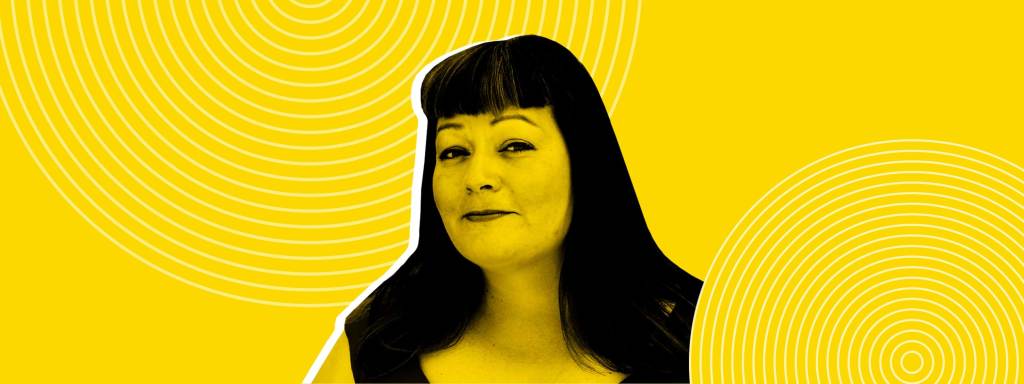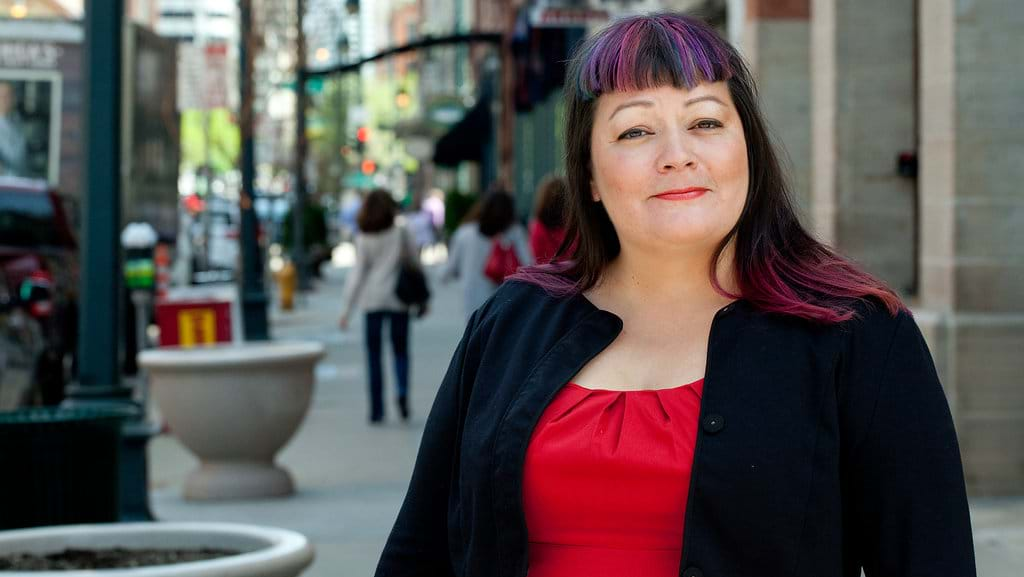
Nurturing communities
Carly Hare
Carly Hare, Coalition Director of CHANGE Philanthropy, on the difference between charity and justice and the need to “move toward philanthropic equity.”
More in her excerpt From Generosity to Justice with Ford Foundation President Darren Walker:

DARREN: Can you talk about what you think the difference between charity and justice is, and how you practice the two in your own work?
CARLY: The way we think about it at CHANGE—and the way I think about it personally, when I’m working with colleagues or field partners—is that there’s a broad spectrum from charity to justice, and different individuals and institutions occupy different bandwidths on that spectrum. We often forget about the edges of that spectrum. On one hand, we have charity-focused frames for grantmaking. For many people who subscribe to that view, your investments and your engagement strategies often perpetuate the status quo.
There is a wide swath of foundations today that continue to support and engage with white supremacists and patriarchal systems. People like that, who are closer to the status quo, often aren’t ready to have conversations with us. Their mode of thinking is very much rooted in that traditional charitable grantmaking model for institutions and organizations. We’re fully aware that it’s going to take a lot of work—on both the individual and the institutional levels—to shift these people from a charity-focused model to a justice- and liberation-focused model.
But then, on the other end of the spectrum, there are the people who are focused on liberation—who want to move toward liberation-focused frames of funding, where foundations step away from the power dynamics of the past and pursue a more democratized approach that’s centered on community. These individuals and organizations aren’t focusing just on rectifying inequality, but on promoting a different vision for the field itself. And that’s radical. They’re interested in shifting our frames for understanding this work and this world, and in thinking about how we can modify our existing approaches.
I want to share one more thought on this point. There’s a quotation that has guided a lot of my thinking on this subject. I can’t remember who originally said it, but it’s something like: “The American policies of termination and extermination weren’t as detrimental to American Indians as the goodwill of white women.”
I first encountered that idea when I was involved in tribal work—right before I made the shift into philanthropy. Aside from the sheer shock of the statement, what I take away from it is the fact that we can’t find other people’s solutions. It’s something I think about every once in a while, especially when I’m in groups of mostly white women.
When we try to find other people’s solutions, we inevitably cause new problems. Our intent and our impact are simply misaligned. That’s why we have to be mindful to engage with the community. That’s the difference between approaching philanthropy from a charity mindset and approaching it with a justice mindset.
It’s easy to solve the problems that someone faces today with a quick Band-Aid solution, but you might create long-term consequences without realizing it. Caring about justice means being intentional about putting the voices of individuals and communities at the center of these conversations. It means making sure that these individuals have access to the conversations we’re having about progress. It takes intentionality.
Keep Reading: From Generosity to Justice
“When we try to find other people’s solutions, we inevitably cause new problems. That’s why we have to engage with community. It’s the difference between approaching philanthropy from a charity mindset and approaching it with a justice mindset.”
Carly Hare
idea
Emerson Collective founder Laurene Powell Jobs discusses what brings her joy as a philanthropist.
Idea
Bringing Hidden Labor to Light
Co-founder and Executive director of the National Domestic Workers Alliance, Ai-jen Poo, discusses why we need to value the work that makes all work possible.”
Resource
Purchase a copy of A New Gospel of Wealth: From Generosity to Justice.